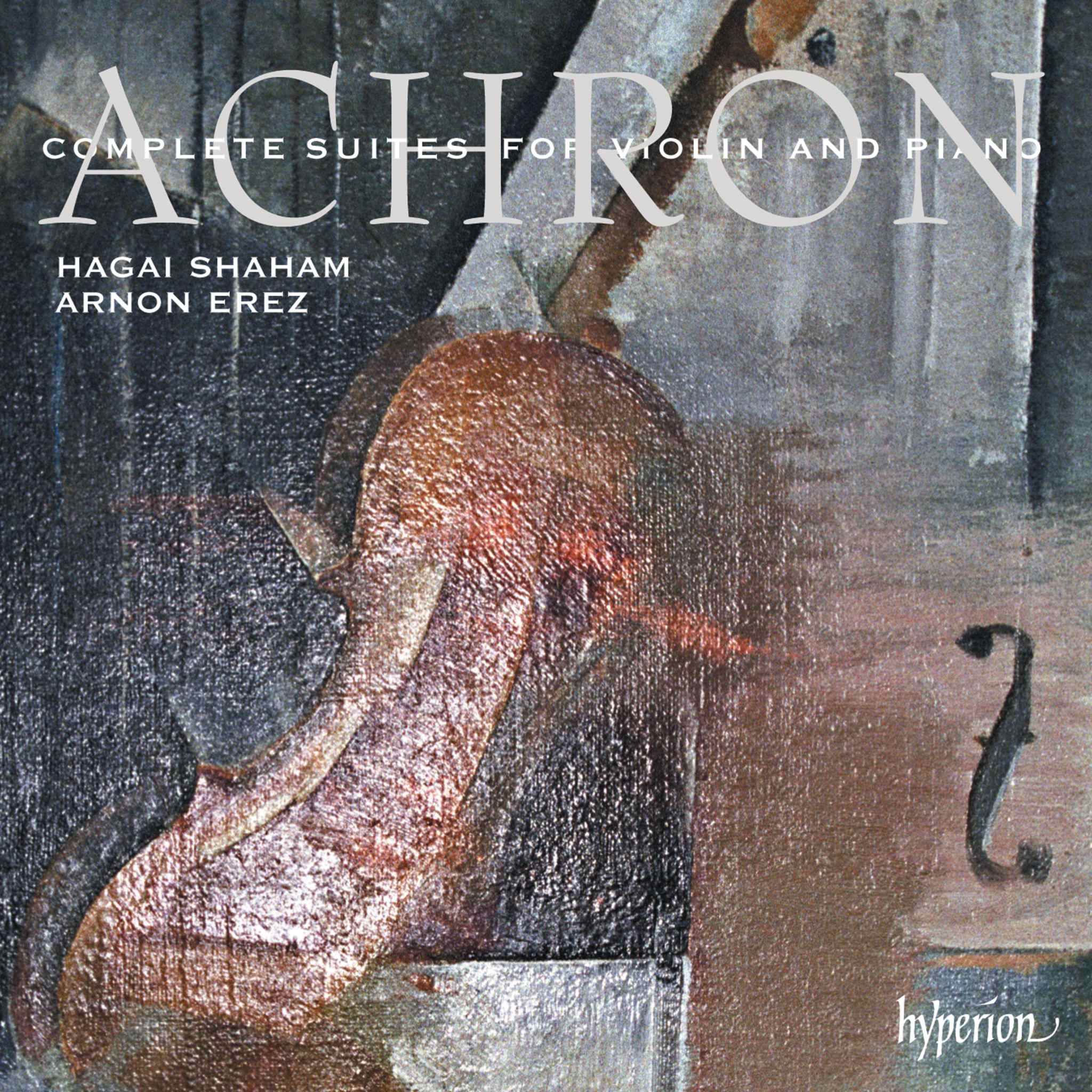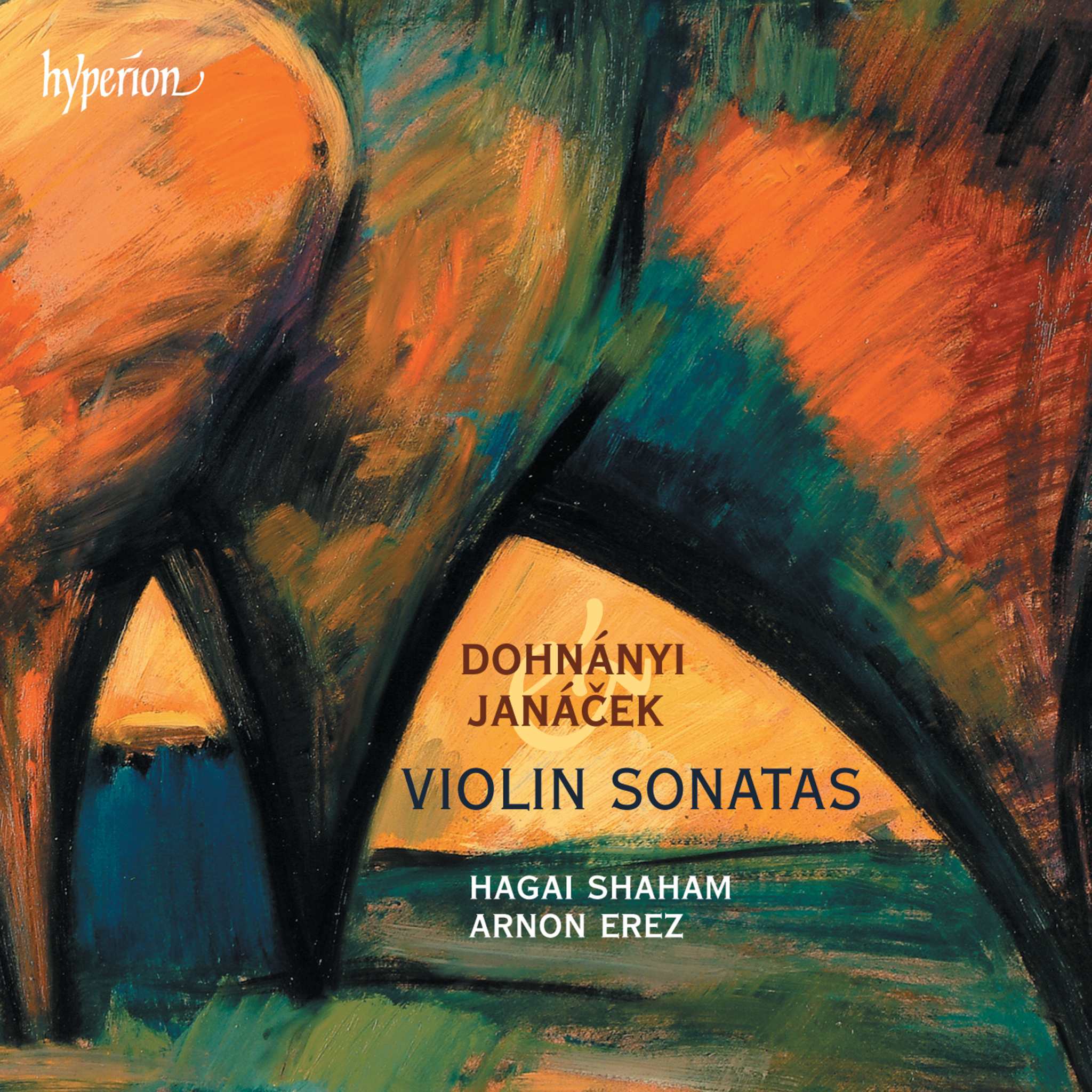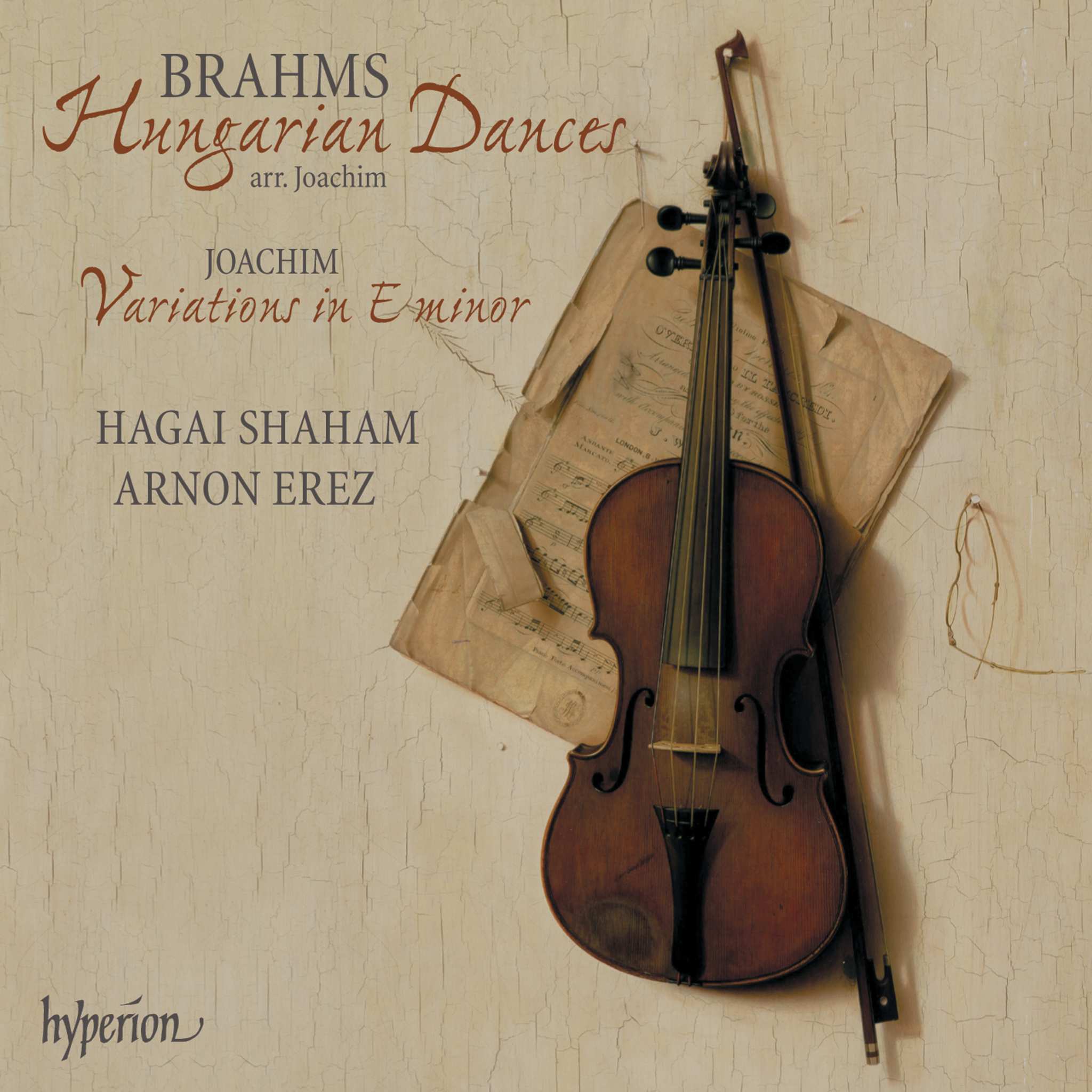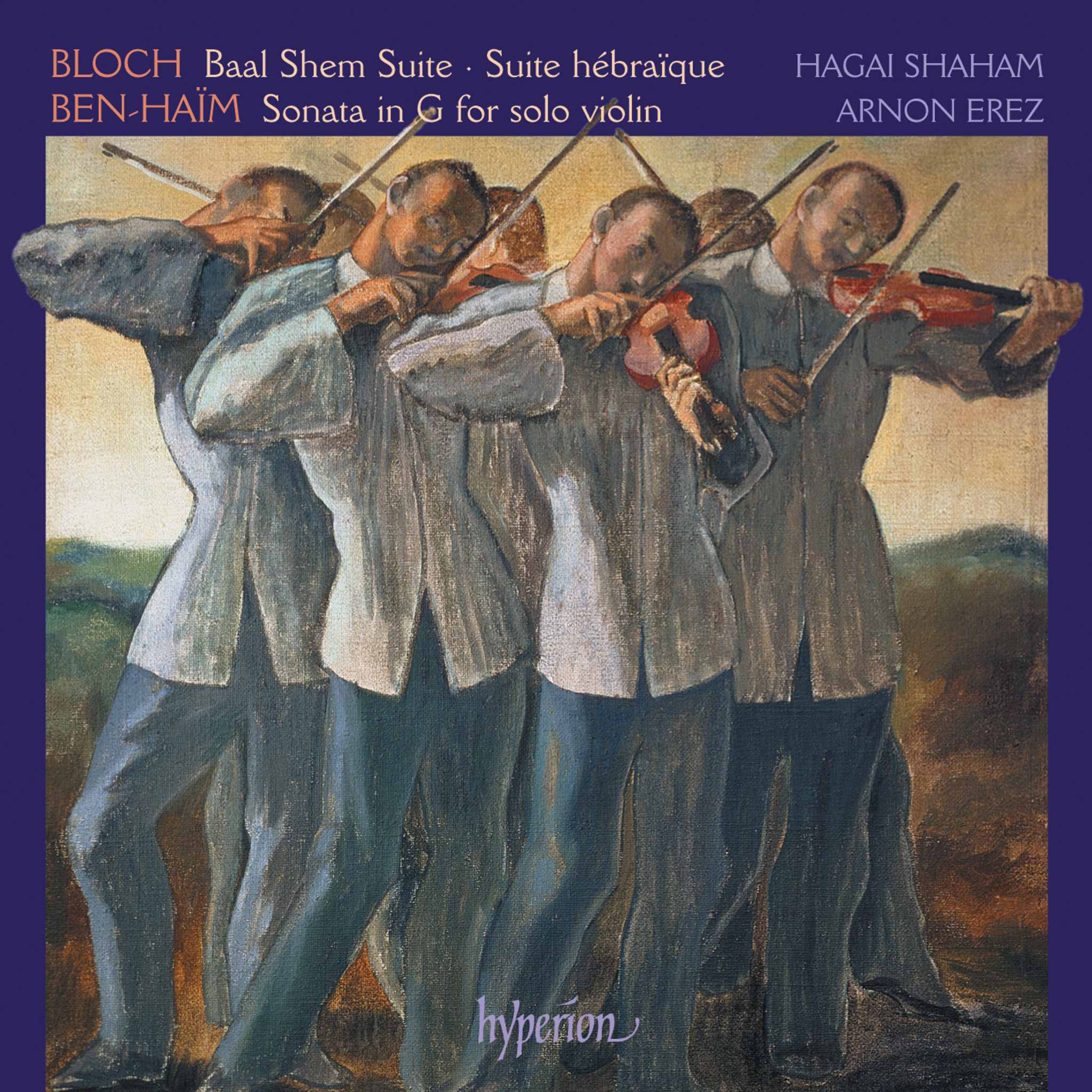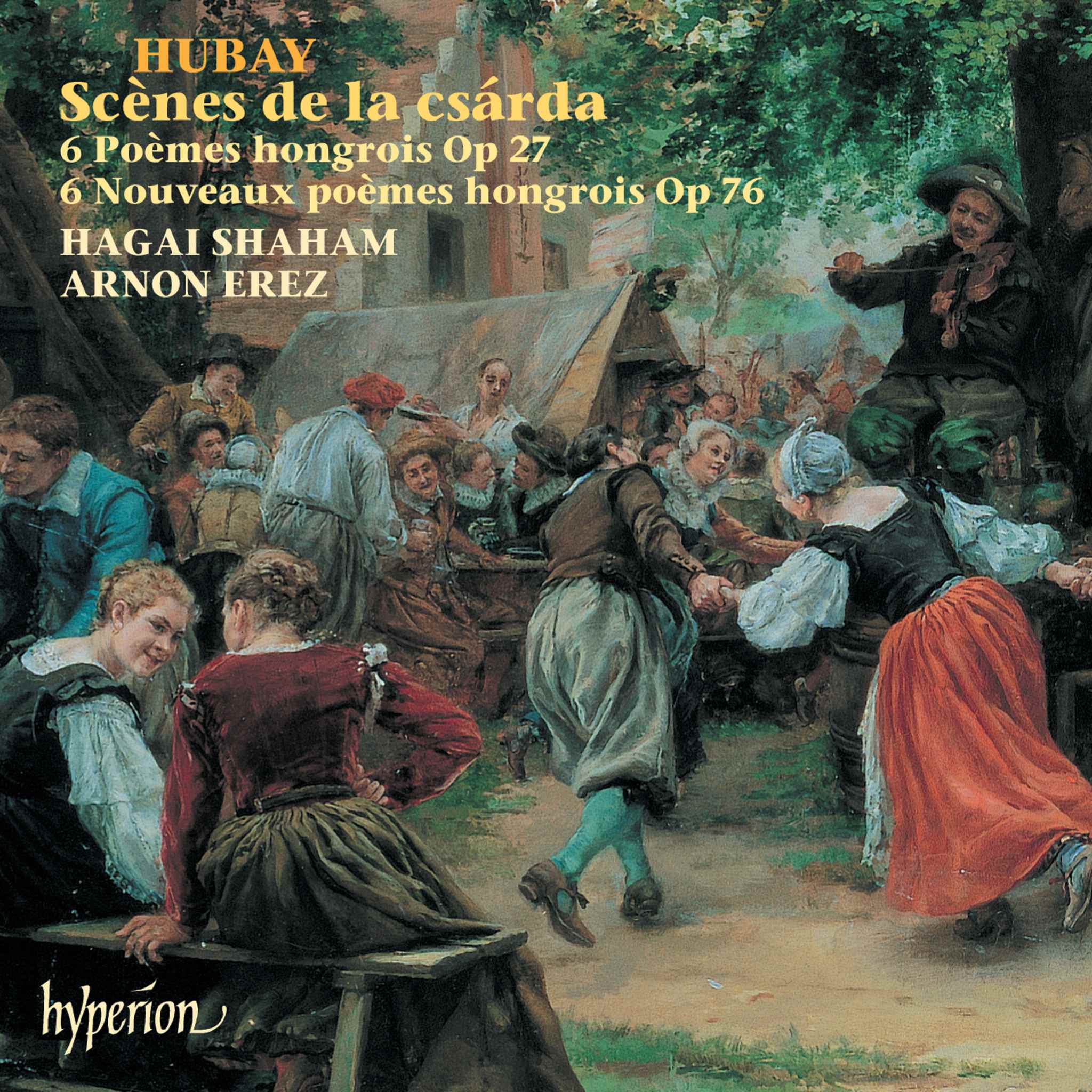Guido M. Gatti Im Jahr 1921 bezeichnete Guido M. Gatti in der Musical Times Ildebrando Pizzetti als den bedeutendsten Komponisten Italiens, dessen Präsenz im nationalen Musikleben unverkennbar sei. Während dieser Epoche erlebte die italienische Musik einen bemerkenswerten Aufschwung: Puccini stand auf dem Höhepunkt seiner Karriere und Respighis Werke fanden breite Anerkennung. Gatti hob Pizzetti dennoch als herausragend unter seinen Zeitgenossen hervor, obwohl andere Komponisten ebenfalls Erfolge feierten. Pizzettis Oper Fedra scheiterte bei der Premiere, doch seine Kompositionen wie Débora e Jaéle und Assassinio nella cattedrale zeigten seine stilistische Bandbreite. Die von 1918 bis 1919 entstandene Violinsonate in A-Dur wurde als wichtiger Beitrag zur italienischen Kammermusik eingeschätzt, auch wenn einige Kritiker unterschiedlicher Meinung waren.[2]
Der zweite Satz dieser Sonate bildet das emotionale Zentrum und wird als "Gebet für die Unschuldigen" verstanden. Die Times lobte die ernste Ausdruckskraft und die durchsichtige Struktur des Werks. Im Finalsatz herrscht ein optimistischer Ton vor, wenngleich er als weniger originell gilt als die vorherigen Sätze. Die Violine bringt mit tänzerischer Frische Lebendigkeit ins Spiel. Fachleute wie John C. G. Waterhouse und Yehudi Menuhin würdigten die Sonate als ein bedeutendes Werk innerhalb der italienischen Musiklandschaft. Castelnuovo-Tedesco, ein Schüler Pizzettis, widmete seine Sonata quasi una fantasia der Geigerin Adila Fachiri. Seine Werke wie Tre canti und Tre vocalizzi spiegeln die Vielfalt und Originalität seines Schaffens wider.



